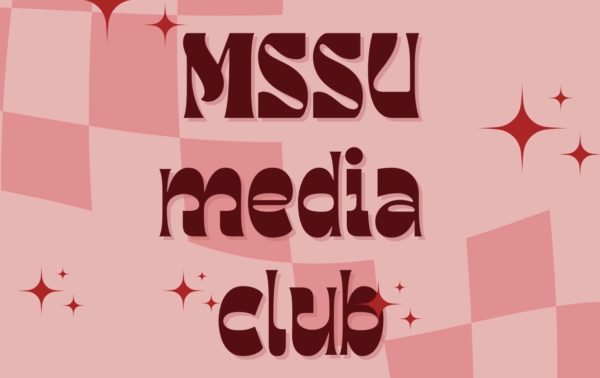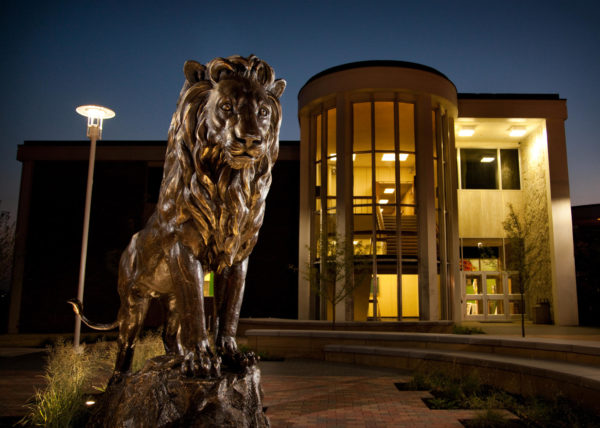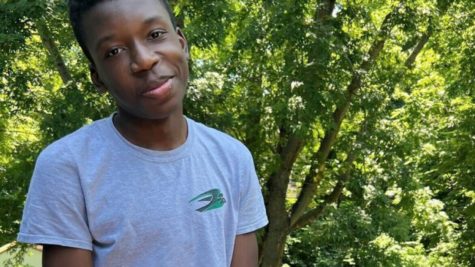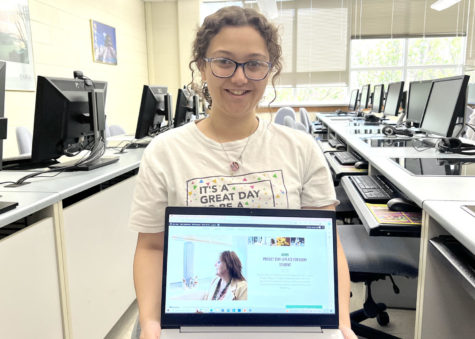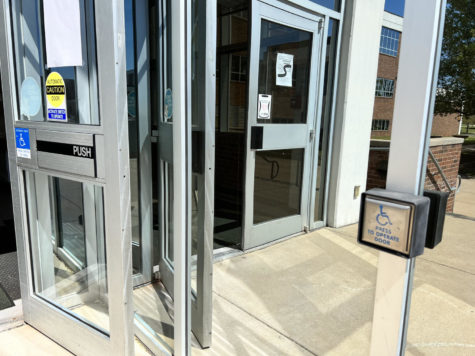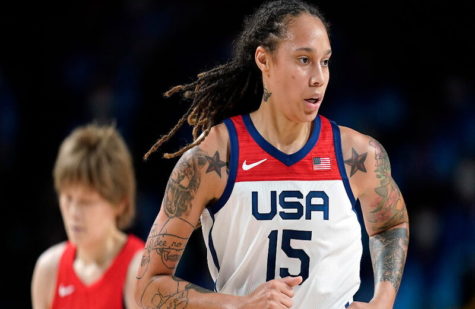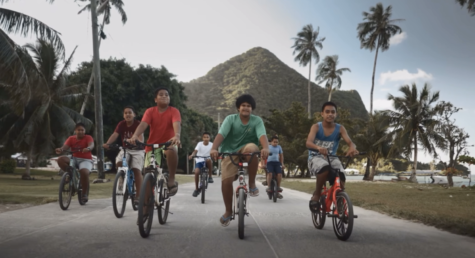Reflections on a mentor’s life lessons
Last month I said goodbye to a mentor.
While we didn’t always see eye to eye, and I probably gave him a few of his grey hairs, Richard Massa helped shape me into the journalist and teacher I am today.
I’ll always remember my first semester. His passion – ok, somewhat loud nature – scared the bejeebers out of me.
I still remember the class where he slammed his hand on the podium, yelling “You cannot not communicate.”
I still use that line today. I found myself saying it last month, as I taught a class on Bible journalism.
I also remember a line – but for the life of me, I don’t remember the reason – when Massa slammed his fist on the desk and said “you do not give underwear.”
It was probably something about what communication says, both verbally and non-verbally.
But funny, as I was dating my now husband, that thought came to mind several times as I considered what I gave him might “say” about our relationship.
Massa pushed me. He made me dig for answers. He didn’t take surface results for answers.
I remember when the Young Democrats were “corralled” into a space away from the oval, when President George H.W. Bush came to campus in 1992.
Massa gave me a name, of the secret service agent who supposedly ordered the incident.
I played phone tag for hours, tracking the man down. I don’t remember exactly what he said, but I believe he was on vacation at the time of the rally.
For me, Massa gave me a challenge to solve – and to see if I would have the tenacity to track down the information.
Think of it as a “bulldog let off a leash” mentality. It’s one that has served me well in my years as a journalist – especially when I’m building a story which seems to have more layers than an onion.
Massa taught me to always question answers. There’s a saying among journalists, “if your mother tells you she loves you, ask a second opinion.”
Massa taught me to not settle for just the second, but look for the third and more.
I’ve often had sources challenge me, as I’ve asked questions, digging for the deeper answer. With many accusing me of not believing them.
Well, they are probably right. Massa taught me to question it all. Those questions led me to challenge the status quo, and to always look for the agenda behind the issue.
Massa also taught me how to care for students. I think I’m a better adviser, because of watching him interact with students.
As my husband reminds me, I’m not just helping students produce a newspaper, I’m helping nurture young journalists at the start of their careers.
I’ve learned to look beyond the actual product – the weekly newsprint – and into their hearts and lives.
Mr. Massa (I never progressed to calling him by his first name) laid the foundation, on which others have built. I’m who I am as a journalist, photographer, editor, teacher, mentor and friend because of his influence.
For that, I’ll be forever grateful.
Your donation will support the student journalists of Missouri Southern State University. Your contribution will allow us to purchase equipment and cover our annual website hosting costs.





















